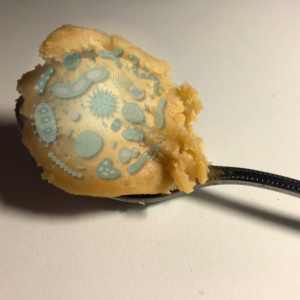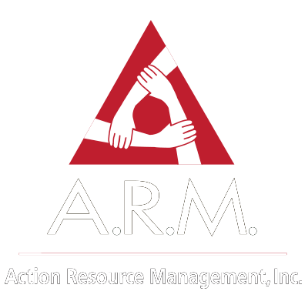 Prevent foodborne illness — September is National Food Safety Education Month. The annual observation intends to make the public aware of the dangers of food poisoning and just how simple it can be to get it. In fact, food poisoning can happen to anyone, but people who are older than 65 years, children who are under 5 years, pregnant women, and people with compromised immune systems are more at risk.
Prevent foodborne illness — September is National Food Safety Education Month. The annual observation intends to make the public aware of the dangers of food poisoning and just how simple it can be to get it. In fact, food poisoning can happen to anyone, but people who are older than 65 years, children who are under 5 years, pregnant women, and people with compromised immune systems are more at risk.
Foodborne illnesses can be contagious if they are caused by bacteria or viruses that have spread through contact with infected people or their bodily fluids. Salmonellosis, norovirus infection, and hepatitis A35 are well-known examples of contagious foodborne illnesses.
If you have been infected with one of them, prevent spreading these illnesses to others by staying home from work or school until you are symptom-free, washing your hands frequently, and avoiding sharing silverware, straws, or dishes with others.
Eight tips to avoid foodborne illness
- Wash your hands and food surfaces with warm, soapy water before and after preparing food.
- Rinse produce under running water before eating or preparing them, even if you don’t eat the peel. Don’t wash raw meat, poultry, or eggs.
- Keep raw meat, poultry, seafood, and eggs separate in your refrigerator, and use one cutting board for raw meats, poultry, and seafood and another cutting board for everything else to avoid cross-contamination and potential foodborne illness.

- Cook foods to the correct internal temperature by using a food thermometer.
To learn more, search for the safe minimum internal temperature chart at foodsafety.gov.
- Refrigerate food promptly before bacteria can multiply. Caution: Bacteria can multiply rapidly in the danger zone between 40°F and 140°F. Tip: Divide warm or hot leftovers into small containers to help them chill faster.
- Never leave perishable foods out for more than two hours (or one hour if the temperature is more than 90°F).
- Thaw frozen foods in the refrigerator overnight, in cold water, or in the microwave. Never leave food on the counter to thaw out.
- Never eat raw batter, dough, or other foods with uncooked eggs or flour.
 Final thoughts — preventing foodborne illness
Final thoughts — preventing foodborne illness
Remember that children pick up the habits of the adults around them. Follow the guidelines above to teach the kids in your life how to be safe – that includes not eating raw dough. (Some of us do it while saying, “…It can’t be that bad for me…!” – yes, it can!)
If you’re preparing a type of meat that you haven’t cooked before, look up the safe cooking temperatures before you begin – and buy a meat thermometer if you don’t have one already. You can prevent foodborne illnesses. Be healthy and stay safe out there!
A.R.M. has services for businesses and job-seekers alike – learn more about how we can help you!

